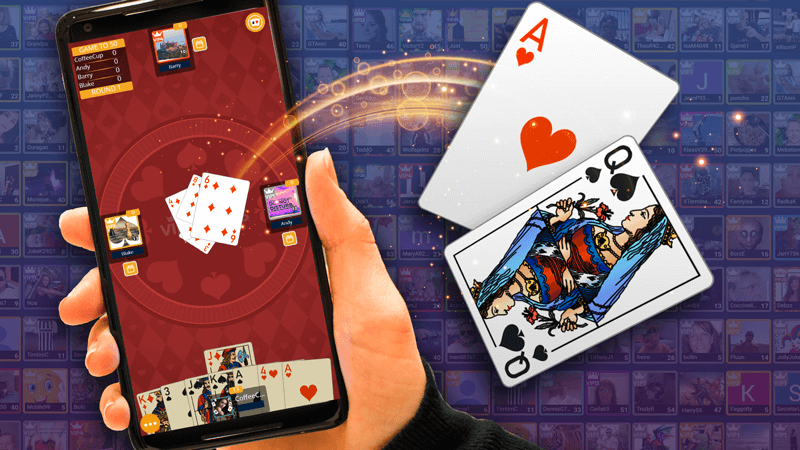
The Evolution and Impact of Online Games: More Than Just Entertainment
In the digital age, online games have evolved from a niche hobby into a global phenomenon. They have transformed how we interact, entertain, and even learn. Whether it’s the expansive worlds of multiplayer role-playing games (MMORPGs), fast-paced first-person shooters (FPS), or relaxing puzzle games, online gaming has captured the attention of millions. This article delves into the evolution Megaxwin, variety, and impact of online games on individuals and society at large.
The Evolution of Online Gaming
The history of online games is intertwined with the growth of the internet. In the early 1990s, as internet accessibility grew, so did the possibilities for multiplayer gaming. Simple text-based games, such as Multi-User Dungeons (MUDs), were some of the first online multiplayer games, primarily focused on role-playing. These games paved the way for the modern MMORPGs like World of Warcraft or Final Fantasy XIV, which offer immersive environments where millions of players can interact simultaneously.
As technology advanced, so did the scope and quality of online games. High-speed internet, the development of gaming consoles with online capabilities, and the emergence of mobile gaming platforms have made it possible for people to play from anywhere, at any time. Today, the boundaries between reality and virtual worlds are blurring with the introduction of augmented reality (AR) and virtual reality (VR) in online gaming.
Types of Online Games
The world of online gaming is incredibly diverse, catering to a wide range of preferences and skill levels. Here’s a brief overview of some of the most popular genres:
- Massively Multiplayer Online Role-Playing Games (MMORPGs): These games offer expansive worlds where players can create avatars, complete quests, and form alliances or rivalries with others. Titles like World of Warcraft and Guild Wars 2 have built vast, loyal communities.
- First-Person Shooters (FPS): FPS games, such as Call of Duty and Counter-Strike: Global Offensive, put players in fast-paced, tactical battles. These games often feature competitive modes and professional esports leagues, where players can win significant cash prizes.
- Battle Royale Games: Games like Fortnite and PUBG have popularized the “last man standing” gameplay, where players fight until only one remains. These games blend survival mechanics with action-packed combat and strategy.
- Real-Time Strategy (RTS): Strategy games like StarCraft and Age of Empires require players to build armies, manage resources, and outthink opponents in real time.
- MOBA (Multiplayer Online Battle Arena): Games such as League of Legends and Dota 2 fall into this category, where teams of players control characters with unique abilities and compete to destroy their opponents’ base.
- Social and Casual Games: Platforms like Among Us and Minecraft offer a more relaxed, social gaming experience. These games are often more accessible and encourage collaboration rather than competition.
The Social Impact of Online Gaming
One of the most notable aspects of online gaming is its ability to create global communities. Players from different countries, cultures, and backgrounds come together in these virtual environments to collaborate and compete. Online games often serve as social hubs, allowing players to forge lasting friendships, organize in-game events, or even join professional teams.
However, the rise of online gaming has not been without controversy. Concerns about addiction, online bullying, and exposure to inappropriate content have prompted discussions about responsible gaming. Parents, educators, and developers are increasingly involved in efforts to promote healthy gaming habits and ensure that games offer safe, inclusive environments for all players.
On the flip side, online games have also demonstrated potential benefits. Studies suggest that online gaming can improve cognitive abilities such as problem-solving, decision-making, and multitasking. Moreover, games that require teamwork and communication can enhance social skills and foster cooperation.
The Emergence of Esports and Competitive Gaming
In the last decade, online games have also played a pivotal role in the rise of esports, a billion-dollar industry where professional players compete in organized tournaments. Games like League of Legends, Overwatch, and Dota 2 attract millions of viewers worldwide. Major tournaments like The International and Worlds offer prize pools that rival traditional sports championships, further legitimizing esports as a mainstream form of entertainment.
The professionalization of gaming has also opened up new career paths. Beyond professional players, industries around esports have created jobs for coaches, analysts, content creators, event organizers, and marketers. For younger generations, esports represents a growing industry where passion and talent can lead to significant opportunities.